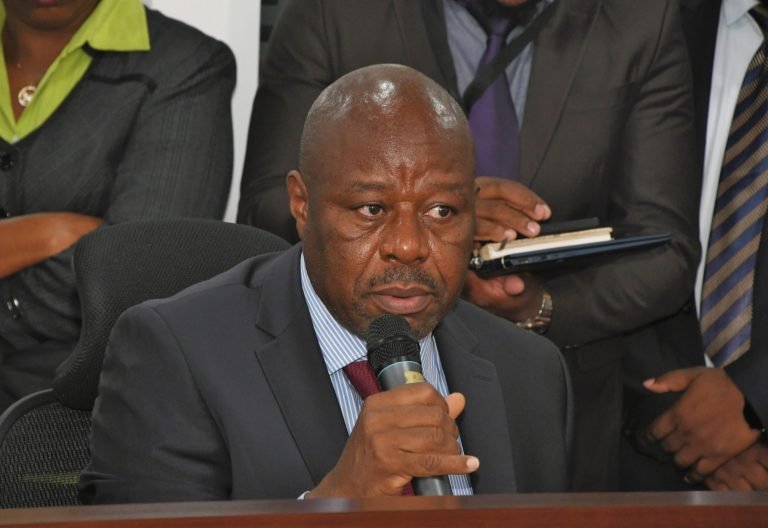The High Court has quashed a directive by Edward Kisiang’ani, the Principal Secretary for Broadcasting and Telecommunications, that sought to restrict all government advertising to the Kenya Broadcasting Corporation (KBC).
The court ruled that Kisiang’ani (who was removed from the position on Thursday) exceeded his authority in attempting to monopolise government ads, acting without the legal power to do so.
On Thursday, Justice Lawrence Mugambi delivered a strong verdict against Kisiang’ani, stating that he had “unlawfully appropriated unto himself non-existent powers.”
The court found that under the Public Procurement and Asset Disposal Act, Kisiang’ani did not have the authority to direct public bodies on where to place advertisements. “The second respondent has no power to direct other accounting officers of specific procuring entities on matters relating to procuring goods and services,” the judge ruled.
The directive, issued on 7 March 2024, had instructed that all government advertisements on television be placed exclusively with KBC. This move sparked protests from media organisations, including the Law Society of Kenya (LSK), the Kenya Editors Guild (KEG), and the Kenya Union of Journalists (KUJ), who argued that it violated media freedom and public access to information as guaranteed under the Constitution.
Justice Mugambi criticised the policy, noting that it violated both the Public Procurement Act and the principles of media pluralism. He warned that such a policy could lead to the creation of a media monopoly, stifling competition and potentially weakening private media houses. “There is a danger of creating a monopoly and gatekeeping in the media,” the judge cautioned.
The court also emphasised the importance of public participation in decisions that impact citizens. Justice Mugambi stated that excluding private media from government advertising was not just an internal matter and must involve public consultation.



